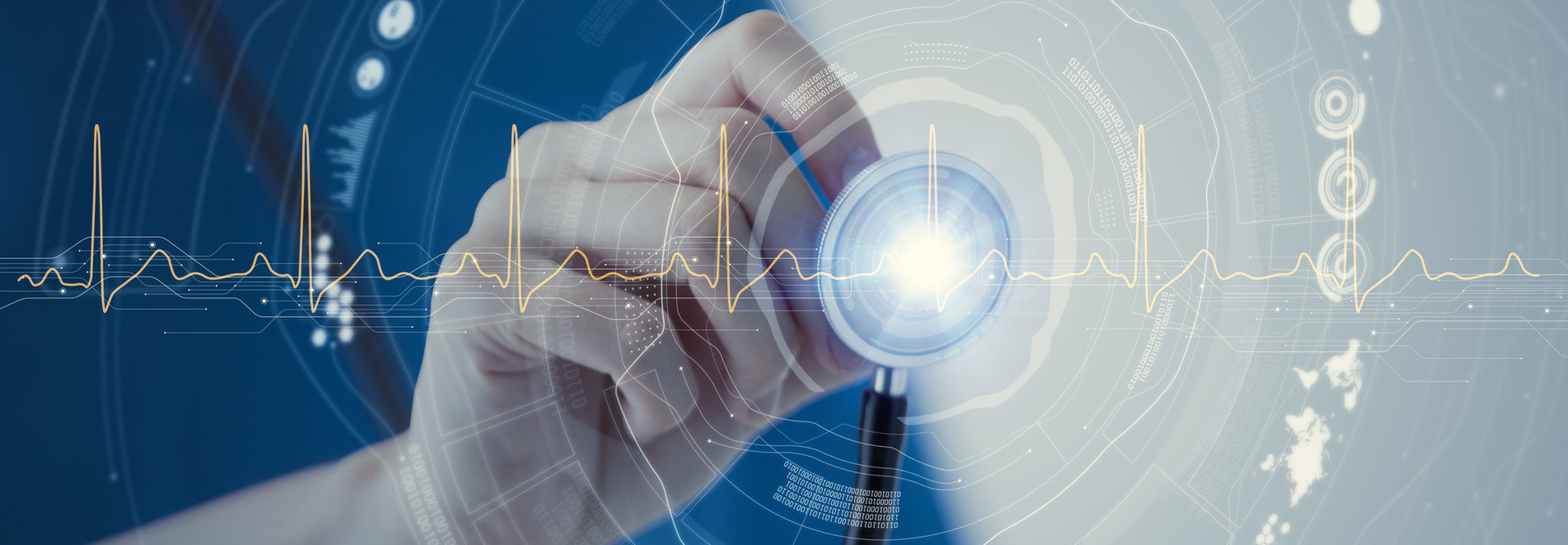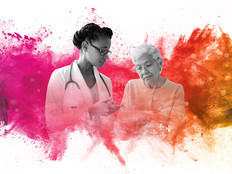Big Data in Healthcare: How Chief Data Officers Can Help
With doctors and nurses focused on clinical care and CIOs busy setting up servers and installing software, the emerging role of the chief data officer is becoming more necessary.
These healthcare data scientists help foster innovation, manage compliance with regulations and drive down costs in a value-based care environment. Their job is to make sense of financial, clinical, regulatory and legal data.
In fact, research firm Gartner reports that 90 percent of large companies will hire a CDO by the end of 2019, many of them at healthcare organizations. The responsibilities for healthcare data reporting and analysis that would typically fall to a CIO or CTO are being handed to the CDO, says Nathan Patrick Taylor, a co-chair for the American Health Information Management Association data analytics practice council and director of data science and analytics at Symphony Post Acute Network, a provider of short-term post-hospital rehabilitation, long-term care and assisted living.
By hiring CDOs, companies can prevent CIOs and CTOs from getting overwhelmed, Taylor suggests.
“The CDO role takes that data component away from them and frees them up to do what I think IT should be doing, which is setting the underlying infrastructure to be able to do the analytics component,” Taylor says.
A chief reason CDOs are needed is to govern healthcare data usage and act as a data steward. CDOs manage where employees access data, whether it’s a mobile device, tablet or smartphone. In this role the CDO helps catalog the healthcare data, document business definitions of the data and ensure that the health system improves the quality of the information. The CDO then works with IT to prioritize and fix the data.
Taylor noted that auditing controls in software will be required to meet the requirements of data governance.
CDOs Take the Lead to Protect Healthcare Data Quality
Nick Minale, CDO of Johns Hopkins HealthCare, the health insurance division of Johns Hopkins Medicine, describes his role as a steward of data and a champion of data quality.
“A lot of organizations talk about data quality or those activities, and without a champion, it often doesn't get prioritized,” Minale says. “I have to put an ROI on the effort and show the value, and so in a typical IT environment, a lot of those things will just fall to the wayside.”
When IT tickets fail to receive attention, it takes a leader to shepherd projects through.
“I'm outside of IT, and I'm a champion for the business to get those data-quality efforts to happen,” Minale says. “I like to call myself the ‘data bridge’ to bridge that gap between what the business needs and what IT could deliver, given the right priorities and direction.”
As a data steward, Minale also spearheads the collection of data for population health projects.
“In my role, I'm not creating any of the analytics, but I'm helping to clean it up, get it to the population health analytics team in a better format, shape and quality so that they can then help the [insurance plan] members,” Minale says.
CDOs manage the gathering of information from multiple data sources and oversee the monitoring of data from cloud-based servers and vendor contracts, says Gloria Kupferman, chief data strategy officer at the American Hospital Association.
“Most large enterprises now store data in the cloud and are bringing together information from disparate sources (external and internal) to create deeper insights,” Kupferman explains. “From an IT perspective, this requires a different set of skills to manage and monitor the cloud-based servers and the vendor contracts.”
How Healthcare CDOs Address Data Regulatory Requirements
As part of the effort to maintain data compliance with regulations, Minale convenes a data sharing committee to vet data requests and ensure that data releases comply with state and federal regulations. Minale and the committee also ensure that data use agreements specify who the custodian of the data is. Additionally, Minale must meet the regulatory requirements for privacy regarding military data because he works under DoD contracts.
“[Members] are former military members, and so as you can imagine, there's an extra layer of scrutiny there,” Minale says.
Data compliance is a key reason why healthcare organizations need CDOs, says Besa H. Bauta, CDO at MercyFirst, a nonprofit child welfare agency that provides healthcare services in the New York area. They are the go-to people for questions about HIPAA compliance and guidelines around protected health information, Bauta says.
“Data and compliance go hand in hand in a lot of ways, just ensuring that we're providing the data in as timely and accurate a fashion as possible,” Bauta says.
At MercyFirst, Bauta and her team manage child vaccine and EHR data as well as behavioral data and demographic information. MercyFirst also integrates the health data with juvenile justice and educational data.
A Champion for New Data to Foster Innovation in Healthcare
CDOs will bring about innovation in healthcare through the predictive models that are being developed to analyze population health. This data will be critical as healthcare continues to move from a fee-for-visit model to a value-based payment model, says Rajib Ghosh, director of social health information exchange at Alameda County Care Connect and a former chief data and transformation officer at the Community Health Center Network in San Leandro, Calif.
The HIE that Ghosh is building for Alameda County will allow healthcare CDOs to deliver holistic data on patients rather than data from separate medical episodes, he says.
“All those things actually came front and center because the payment model got changed, and that required a transformation in the overall healthcare delivery,” Ghosh says. “Who is the best person to really deliver that is the person who understands the importance and the connectivity of the data elements, which is really the chief data officer.”
By being “plugged into” operations, IT and clinical workflows, CDOs are able to drive innovation, Ghosh says.
The key need will be for someone to help make better decisions on patient care, notes R. "Ray" Wang, principal analyst and founder of Constellation Research. “I think we'll have chief data officers for some time because we're inundated with so much data, and what we really want is to make better decisions.”









